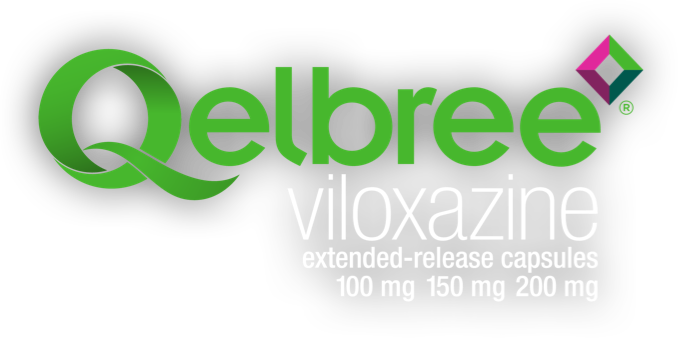
Qelbree and ADHD Frequently Asked Questions
Find the answers to some common questions
Qelbree is a non-stimulant treatment for ADHD in children aged 6-17 years. It’s a once-a-day pill that has been proven to help reduce symptoms of ADHD.
In clinical trials, the most common side effects were sleepiness, not feeling hungry, feeling tired, nausea, vomiting, trouble sleeping, and irritability.
Qelbree met the goal of 3 different clinical trials – a significant reduction in ADHD symptom scores in 6 weeks. For some patients, Qelbree reduced ADHD symptom scores as early as week 1.
In clinical studies, Qelbree was proven to help reduce ADHD symptoms. Reducing the impact of those symptoms can help improve your child’s difficult behavior related to ADHD.
Children on Qelbree take a once-a-day capsule to treat their ADHD. The Qelbree capsule can be swallowed whole, or the capsule can be opened and its entire contents sprinkled onto a spoonful of applesauce or pudding.* Do not cut, crush, or chew the capsules.
*Once added to the applesauce, Qelbree should be all consumed, without chewing, within two hours. Once added to pudding, Qelbree should be all consumed, without chewing, within 15 minutes. Do not store for future use.

